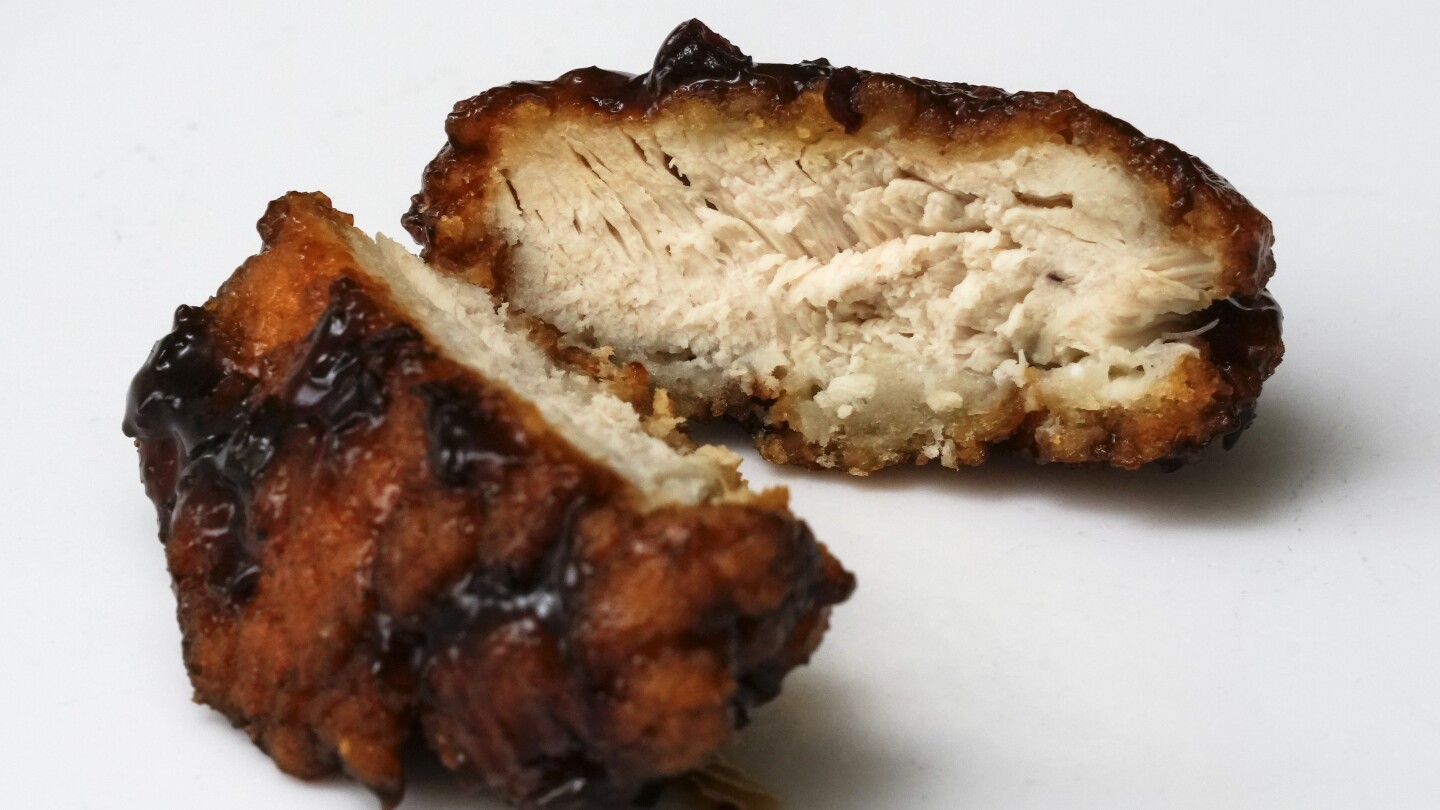Consumers cannot expect boneless chicken wings to actually be free of bones, a divided Ohio Supreme Court ruled Thursday, rejecting claims by a restaurant patron who suffered serious medical complications from getting a bone stuck in his throat.
Michael Berkheimer was dining with his wife and friends at a wing joint in Hamilton, Ohio, and had ordered the usual — boneless wings with parmesan garlic sauce — when he felt a bite-size piece of meat go down the wrong way. Three days later, feverish and unable to keep food down, Berkeimer went to the emergency room, where a doctor discovered a long, thin bone that had torn his esophagus and caused an infection.
Berkheimer sued the restaurant, Wings on Brookwood, saying the restaurant failed to warn him that so-called “boneless wings” — which are, of course, nuggets of boneless, skinless breast meat — could contain bones. The suit also named the supplier and the farm that produced the chicken, claiming all were negligent.
In a 4-3 ruling, the Supreme Court said Thursday that “boneless wings” refers to a cooking style, and that Berkheimer should’ve been on guard against bones since it’s common knowledge that chickens have bones. The high court sided with lower courts that had dismissed Berkheimer’s suit.
“A diner reading ‘boneless wings’ on a menu would no more believe that the restaurant was warranting the absence of bones in the items than believe that the items were made from chicken wings, just as a person eating ‘chicken fingers’ would know that he had not been served fingers,” Justice Joseph T. Deters wrote for the majority.
The dissenting justices called Deters’ reasoning “utter jabberwocky,” and said a jury should’ve been allowed to decide whether the restaurant was negligent in serving Berkheimer a piece of chicken that was advertised as boneless.
“The question must be asked: Does anyone really believe that the parents in this country who feed their young children boneless wings or chicken tenders or chicken nuggets or chicken fingers expect bones to be in the chicken? Of course they don’t,” Justice Michael P. Donnelly wrote in dissent. “When they read the word ‘boneless,’ they think that it means ‘without bones,’ as do all sensible people.”

